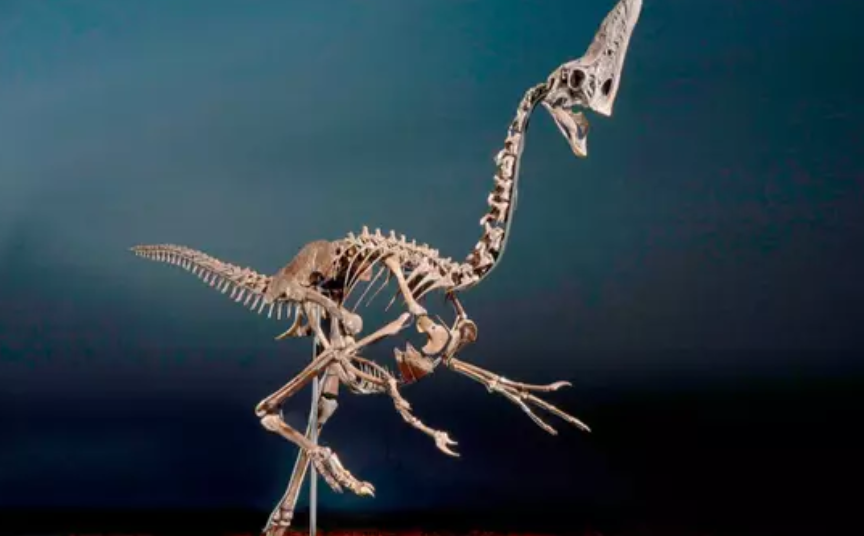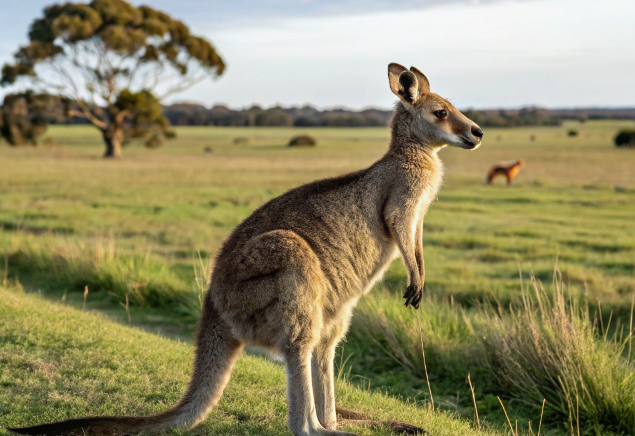New Study Suggests Octopuses Might Dream
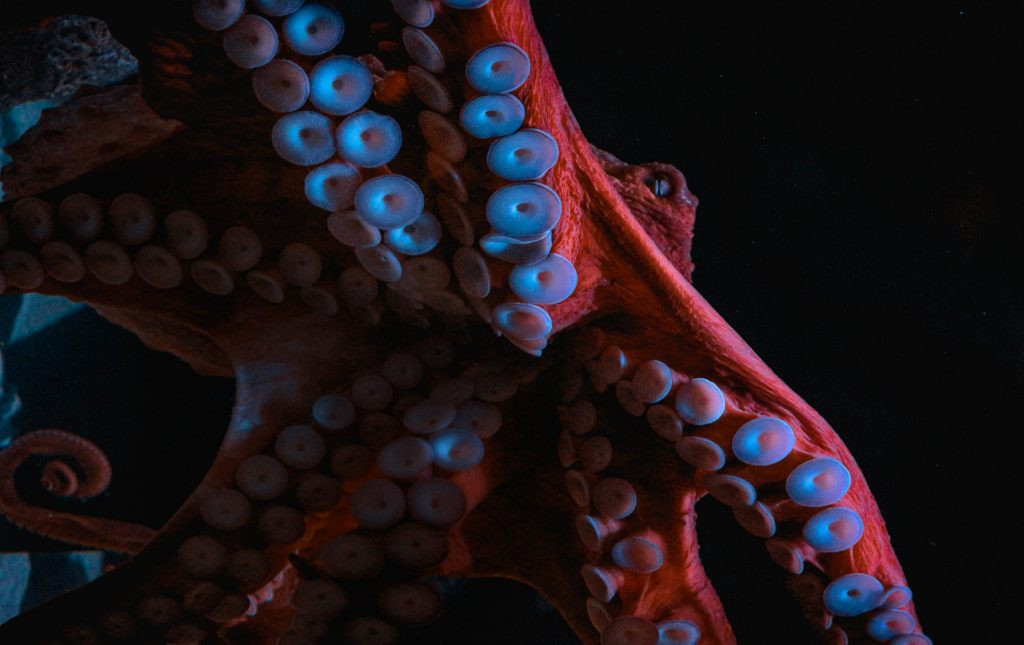
©️ Sigmund / Unsplash
Researchers at Rockefeller University in New York City have made a fascinating discovery about the potential dreaming abilities of octopuses. The focus of their study was Costello, a male Brazilian reef octopus found exhibiting unusual behavior one morning. Costello was discovered with his arms tightly wrapped around a piece of PVC pipe, seemingly engaged in a struggle. Intrigued, the scientists reviewed camera footage from earlier that day and were astonished by what they observed.
According to the researchers, Costello appeared to wake up from sleep and immediately displayed defensive behaviors, including releasing ink into the tank. These abnormal movements led the scientists to speculate that the octopus may have been recalling a stressful experience, potentially indicating the presence of nightmares. It’s important to note that this evidence is based on observations of a single animal, and further research is required to establish the exact reasons behind these episodes.
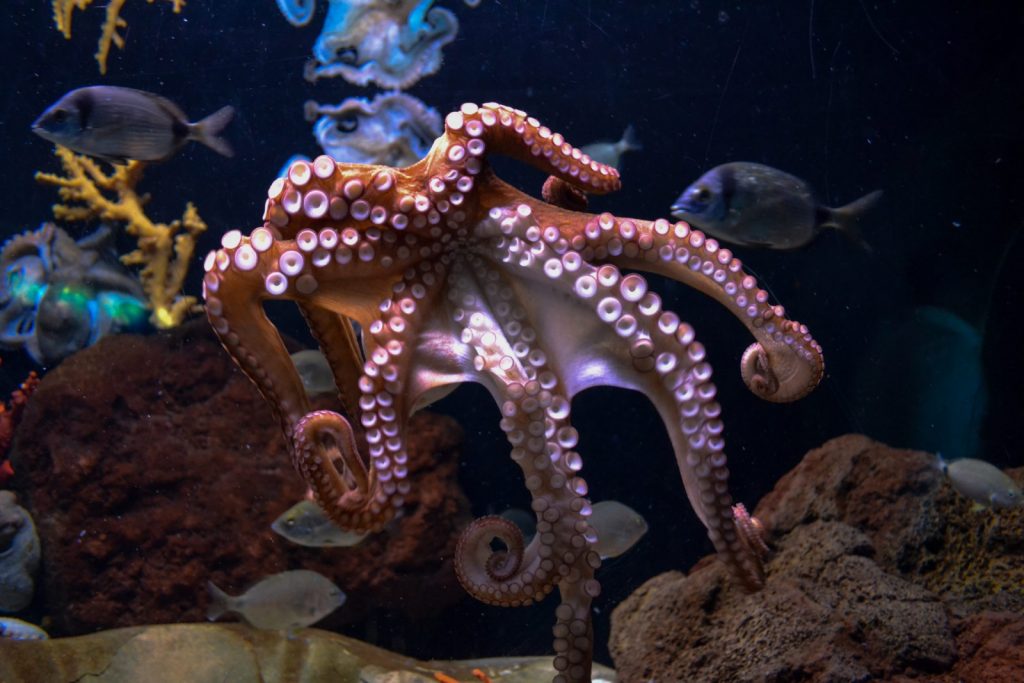
While the study’s findings are not conclusive, octopus expert Tamar Gutnick from the Okinawa Institute of Science and Technology finds the idea that octopuses might dream intriguing. Gutnick suggests that the coherent patterns displayed by Costello during these episodes, which are also seen when the octopus is awake, could be imagined as a form of replay, resembling dreaming.
Previous studies have shown that various octopus species experience different stages of sleep, including a quiet phase where their colors become uniform or pale and an active phase characterized by vibrant patterns and textures on their skin. Costello, who was legally acquired from a supplier in the Florida Keys, underwent thorough observation after the initial episode. The team examined 52 days of camera footage and identified four instances where Costello exhibited erratic and violent behaviors, including inking, after waking up from sleep.
One notable episode involved Costello turning deep red, spinning, and thrashing his tentacles before releasing a cloud of dark ink—a behavior typically seen when octopuses are under attack. The researchers speculate that these unusual behaviors might be indicative of sleep disorders or nightmares, possibly associated with past traumatic experiences. Costello had arrived with damage to two of his limbs, likely caused by encounters with predators, suggesting that such encounters could leave lasting memories.
However, skepticism exists among other scientists regarding the interpretation of these behaviors. Jennifer Mather, a psychologist at the University of Lethbridge, cautions against projecting human concepts onto animals that are evolutionarily distant from us. While sleep is common among animals, understanding what occurs in an octopus’s brain during sleep remains a mystery.
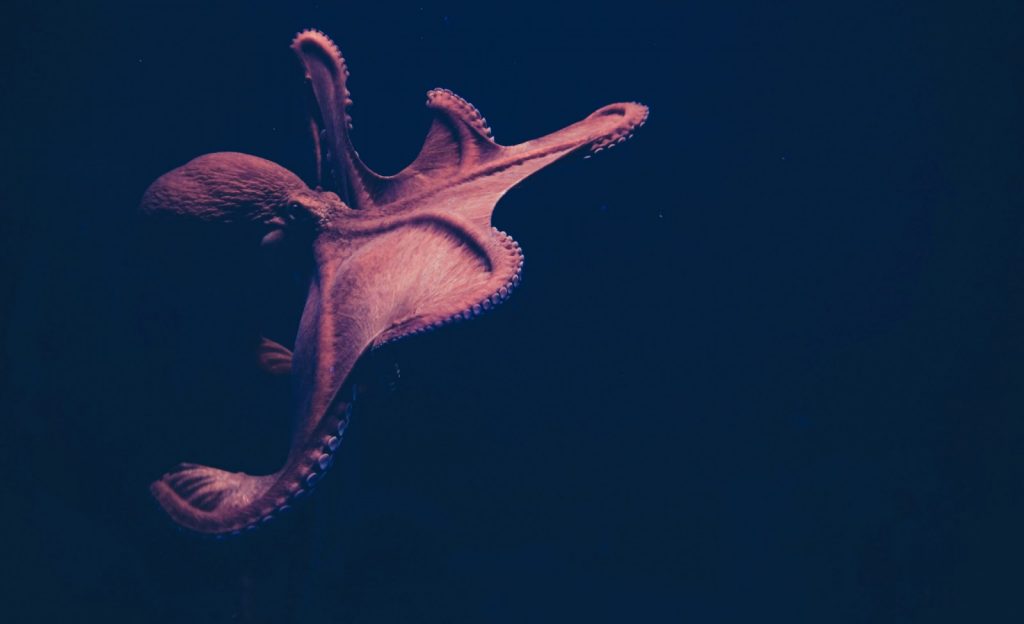
Robyn Crook, an evolutionary biologist at San Francisco State University, offers an alternative explanation for the behaviors observed in Costello. Crook suggests that the aberrant behavior may be attributed to old age, as it aligns with the typical signs of senescence, the natural decline period before death. Costello, whose hyper-mobile arms, disorganized movements, loose skin, and visible lesions indicated aging, eventually passed away in April 2021.
Determining whether octopuses might dream requires a more comprehensive understanding of their brain activity during sleep. Scientists emphasize the need for further research into the neurological basis of sleep in invertebrates before making any definitive claims about dreaming in octopuses. They propose continuous monitoring of octopuses in laboratory settings to capture similar episodes that might otherwise go unnoticed.
As the investigation into the mysterious world of octopus sleep continues, the potential universality of sleep and dreams across various animal species remains a captivating subject for future exploration.
